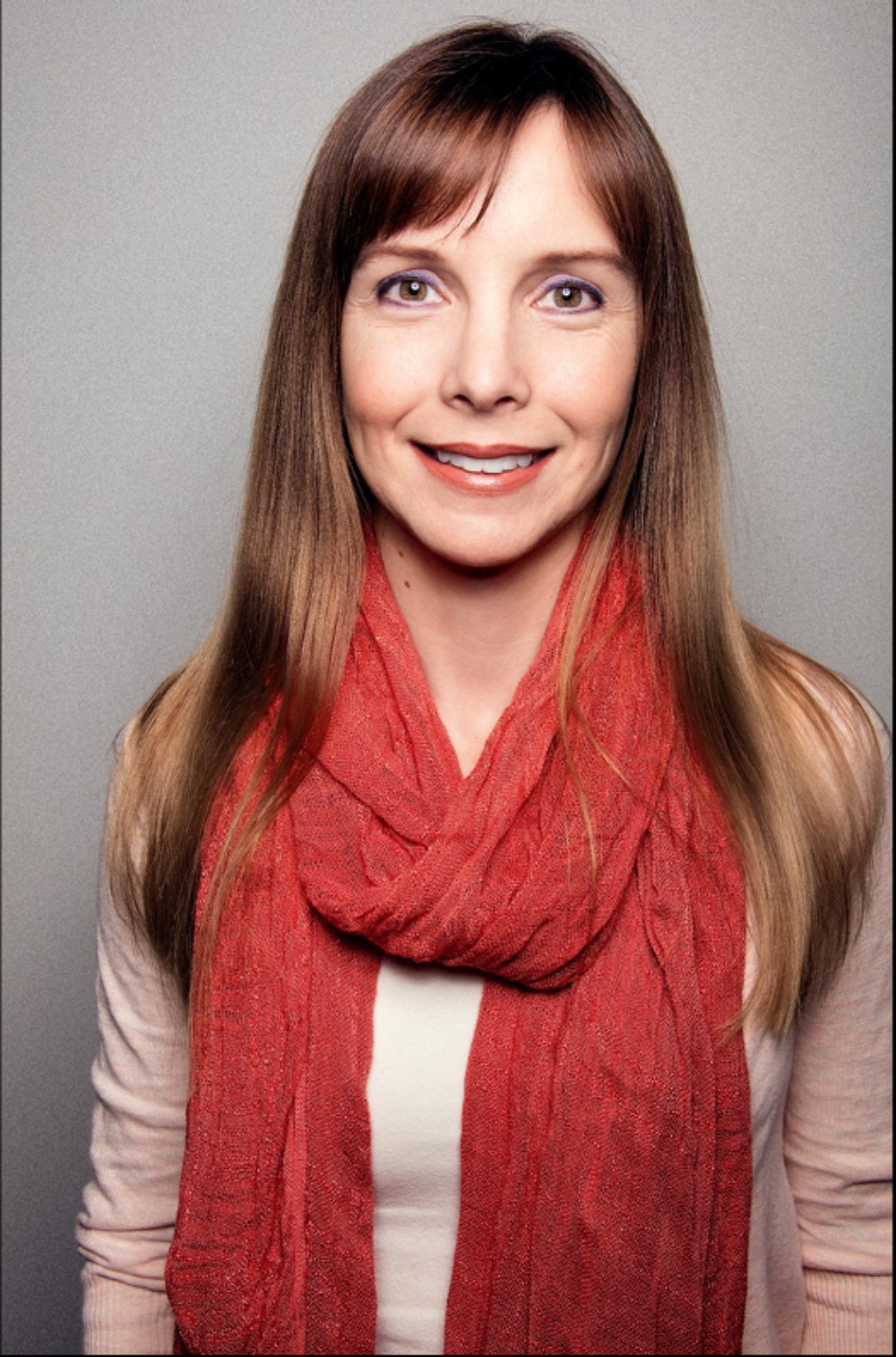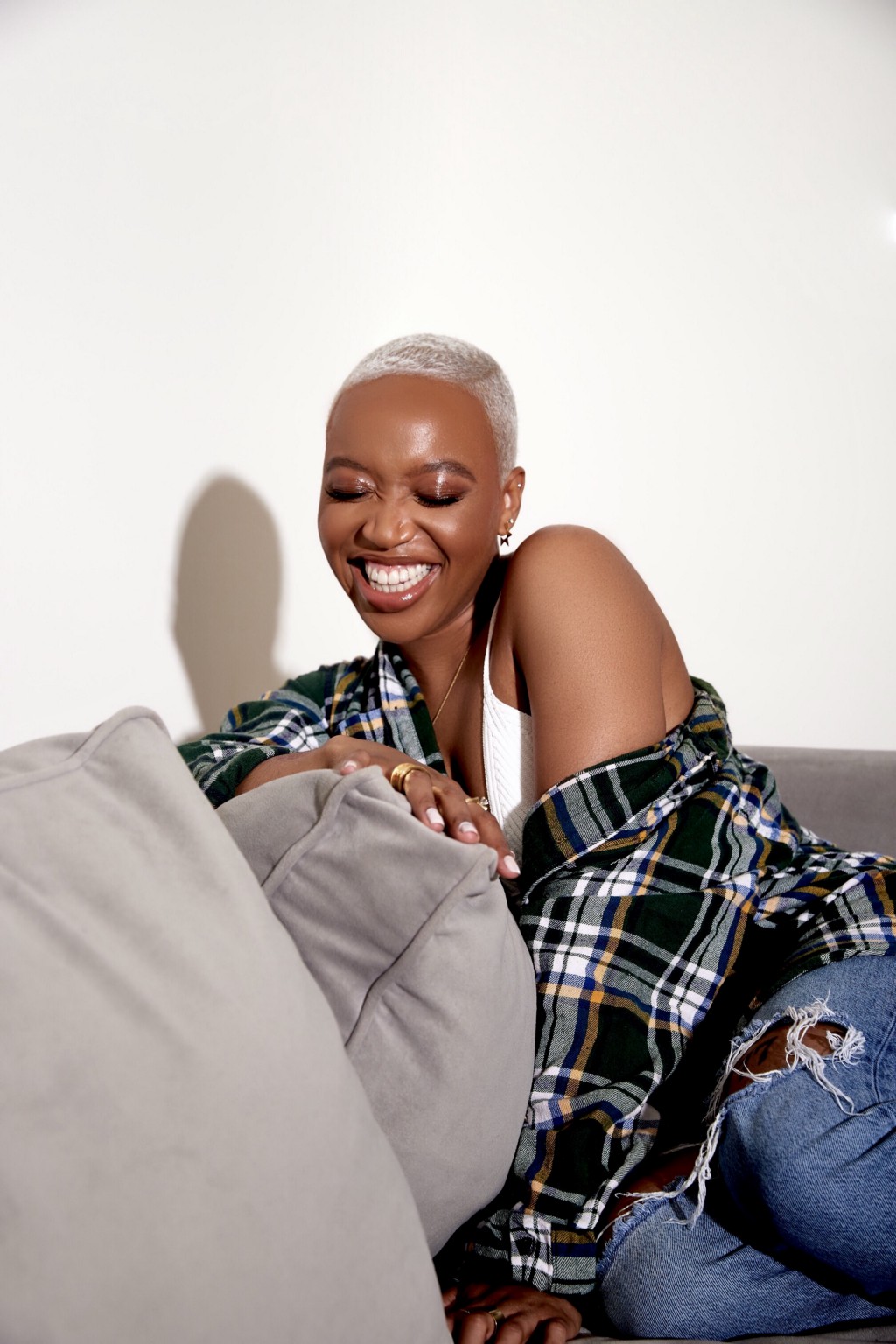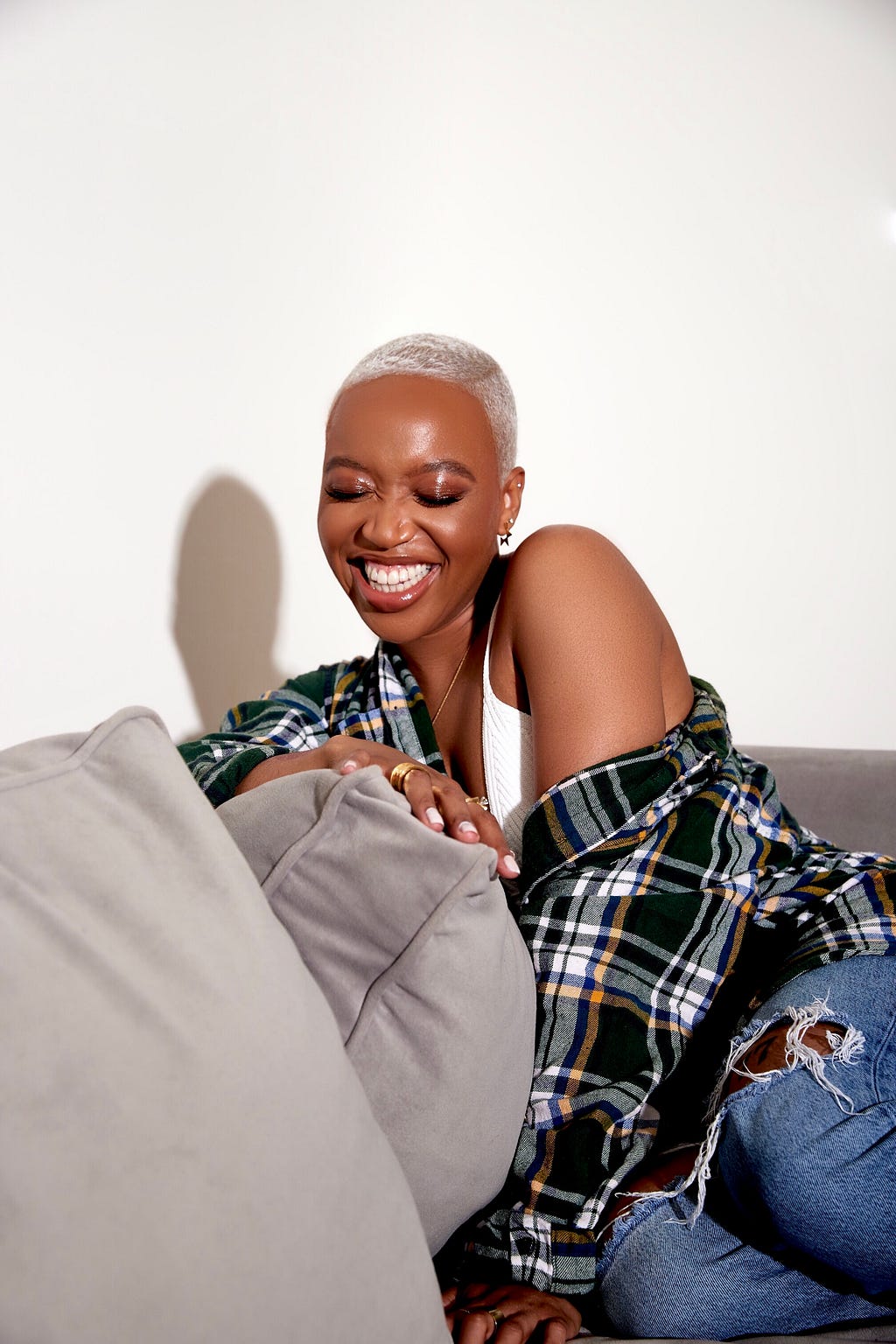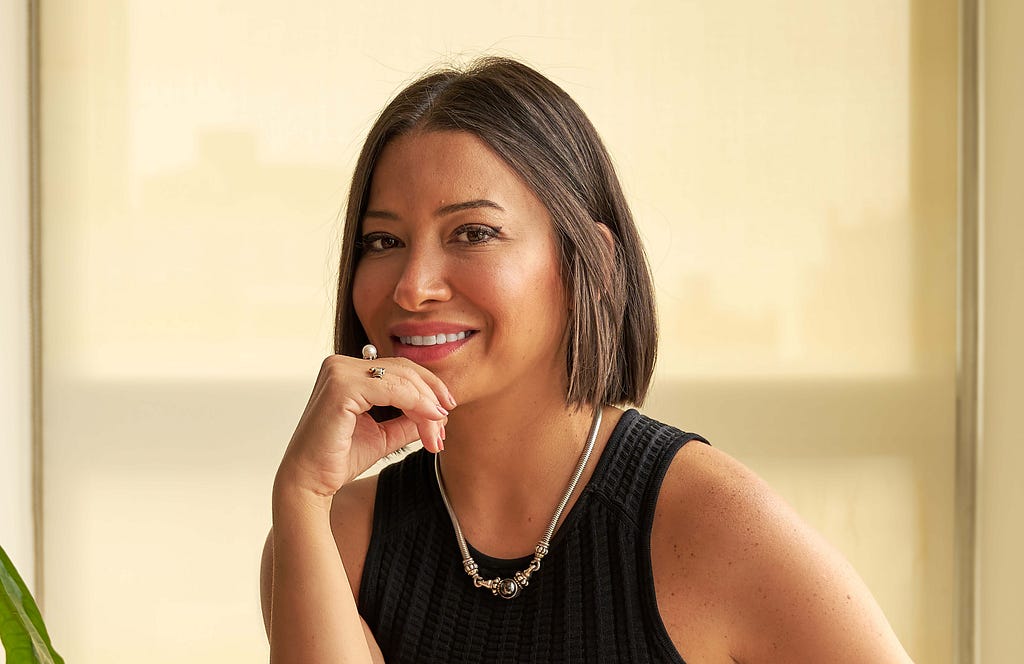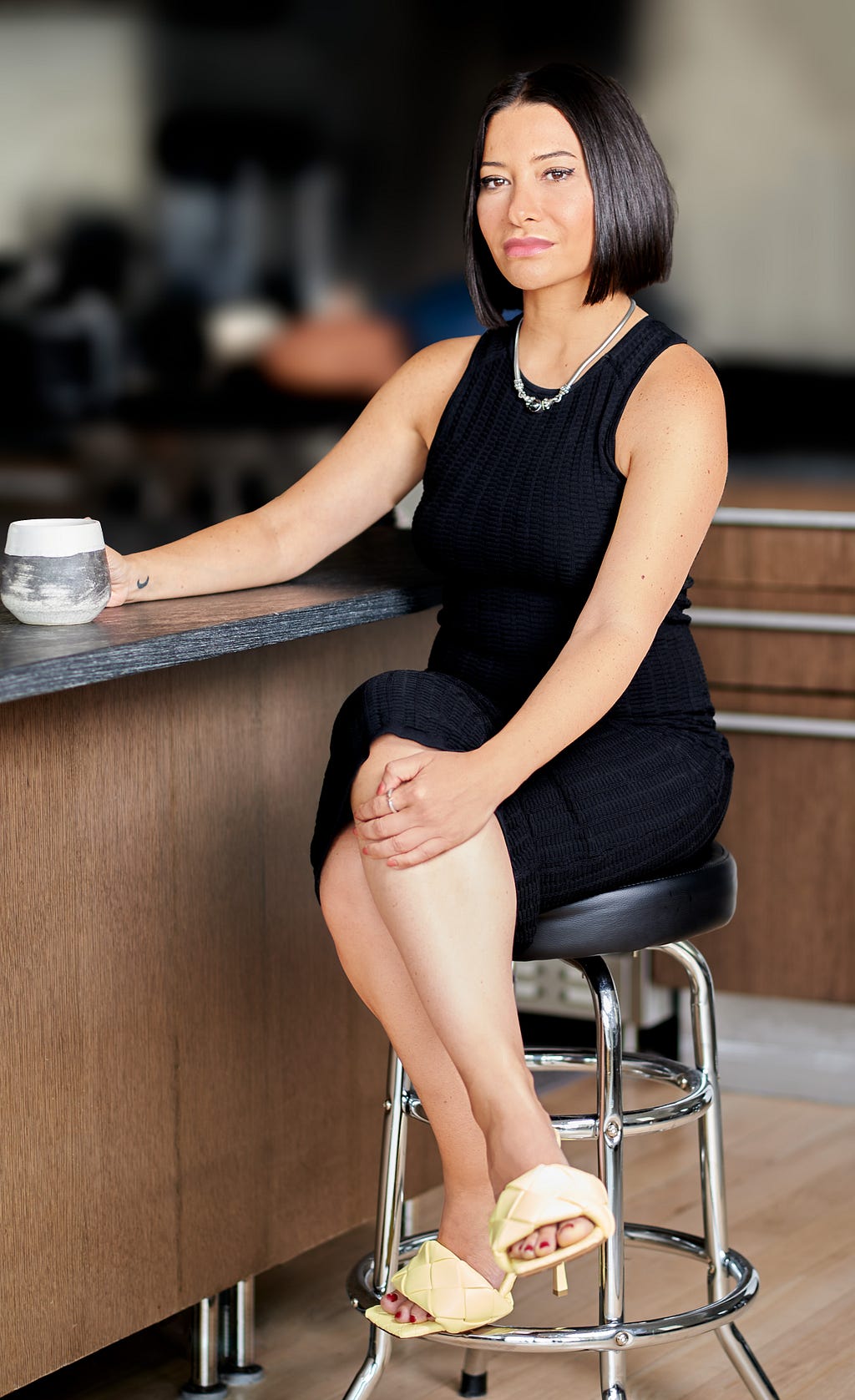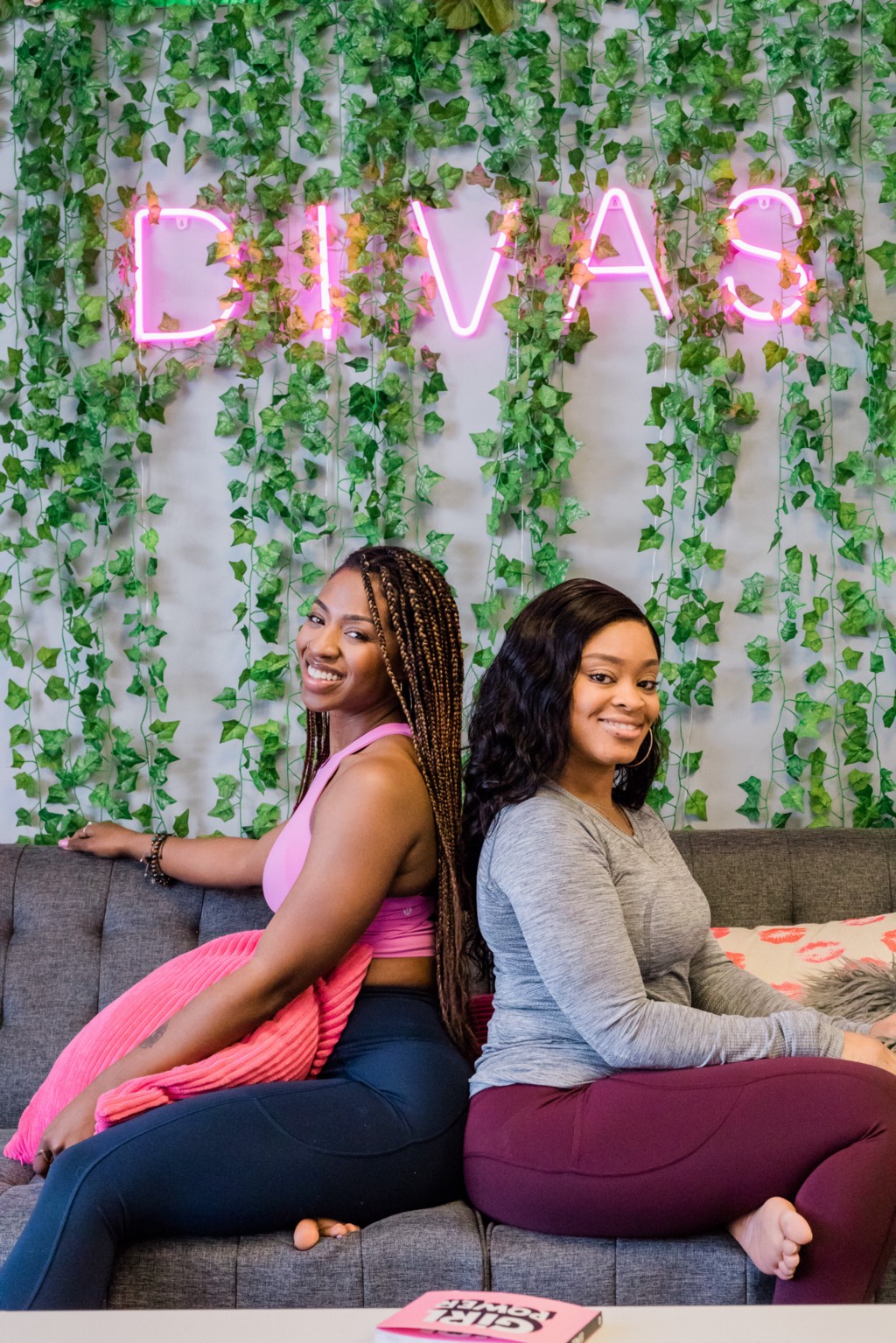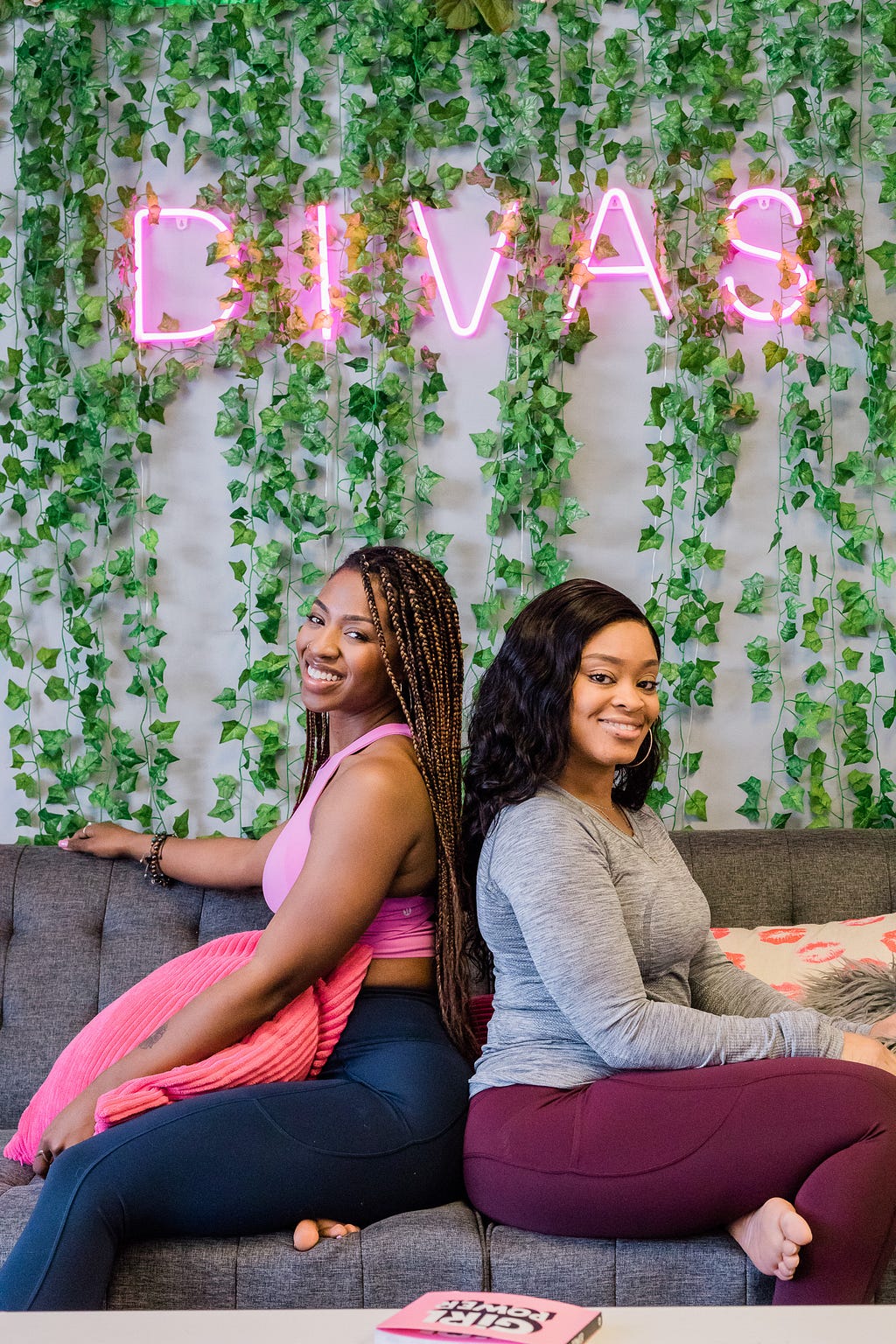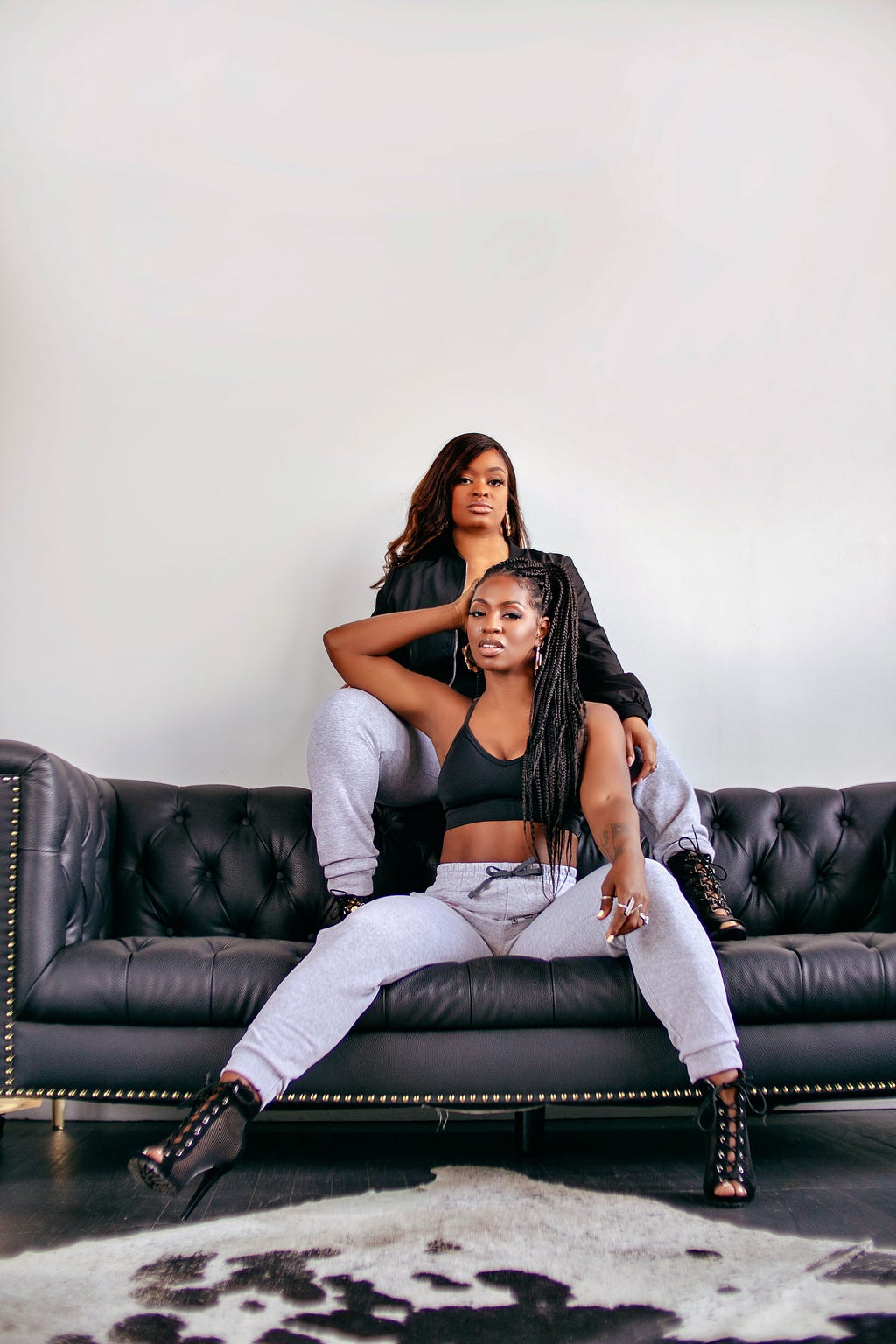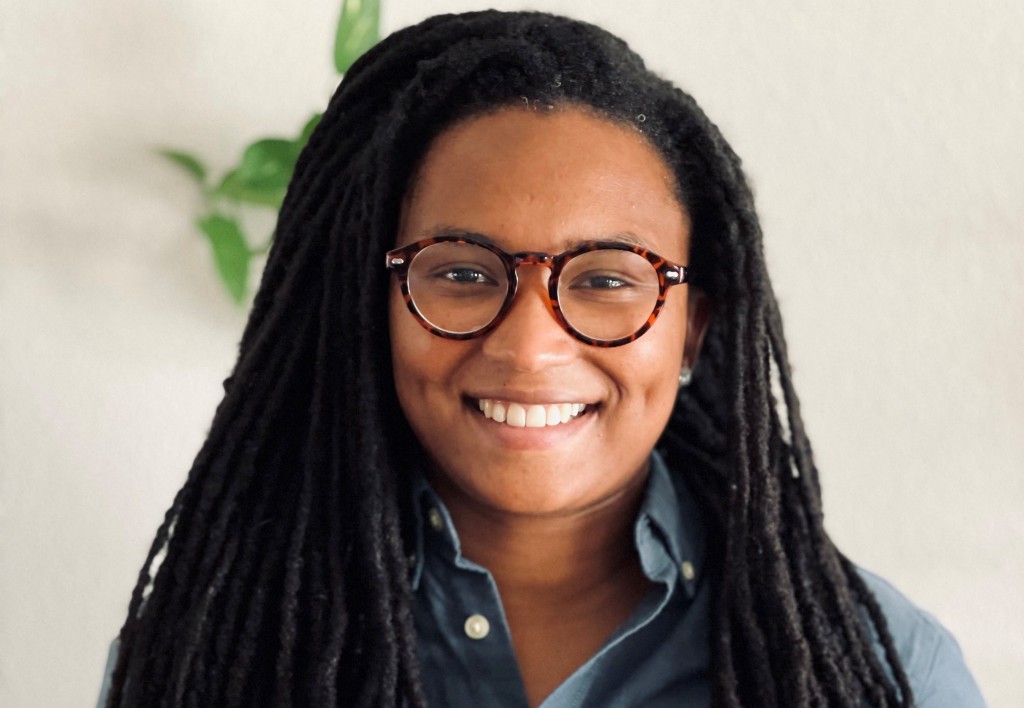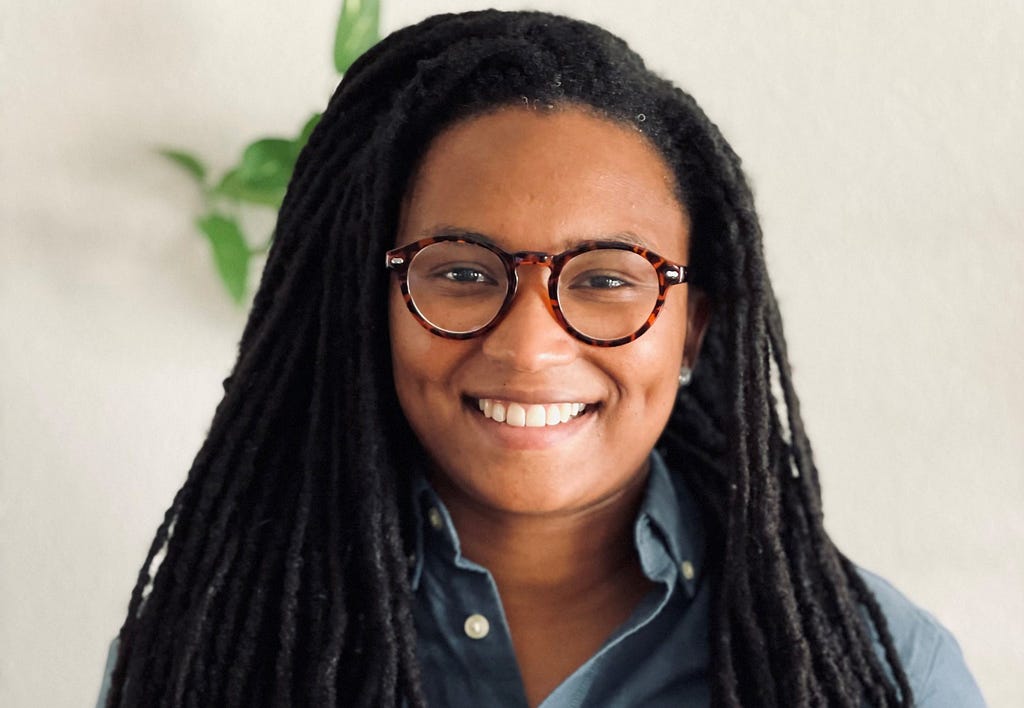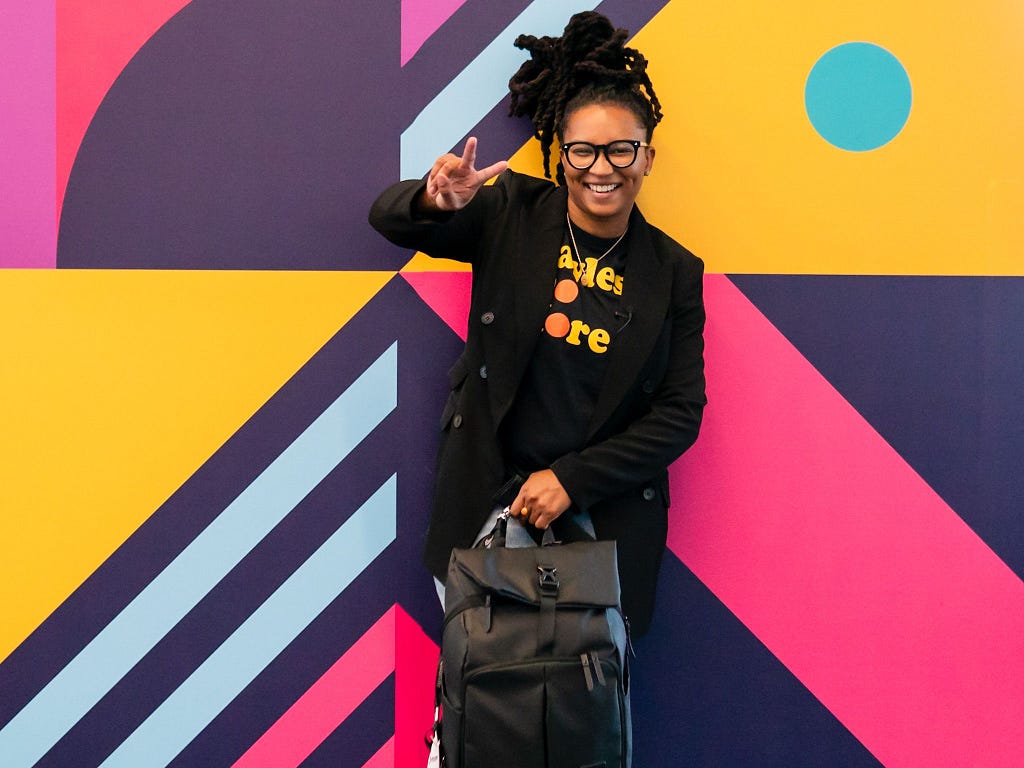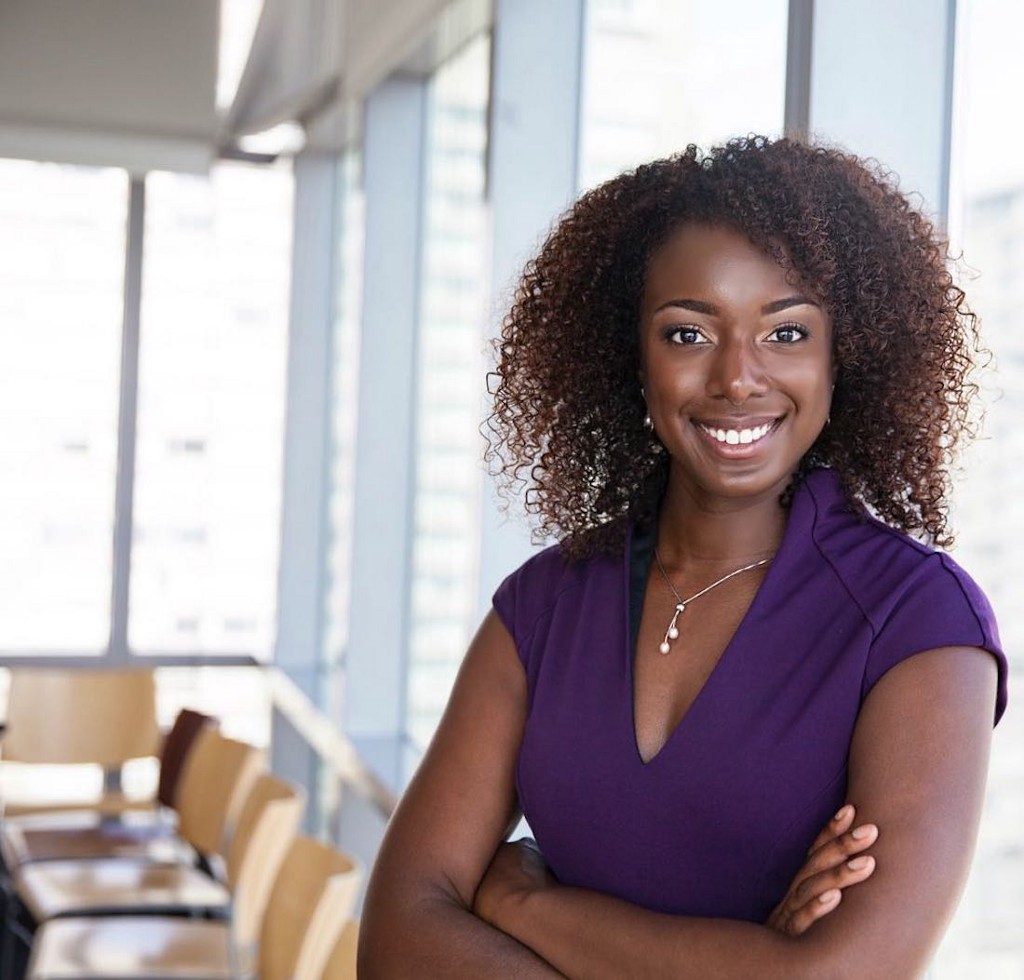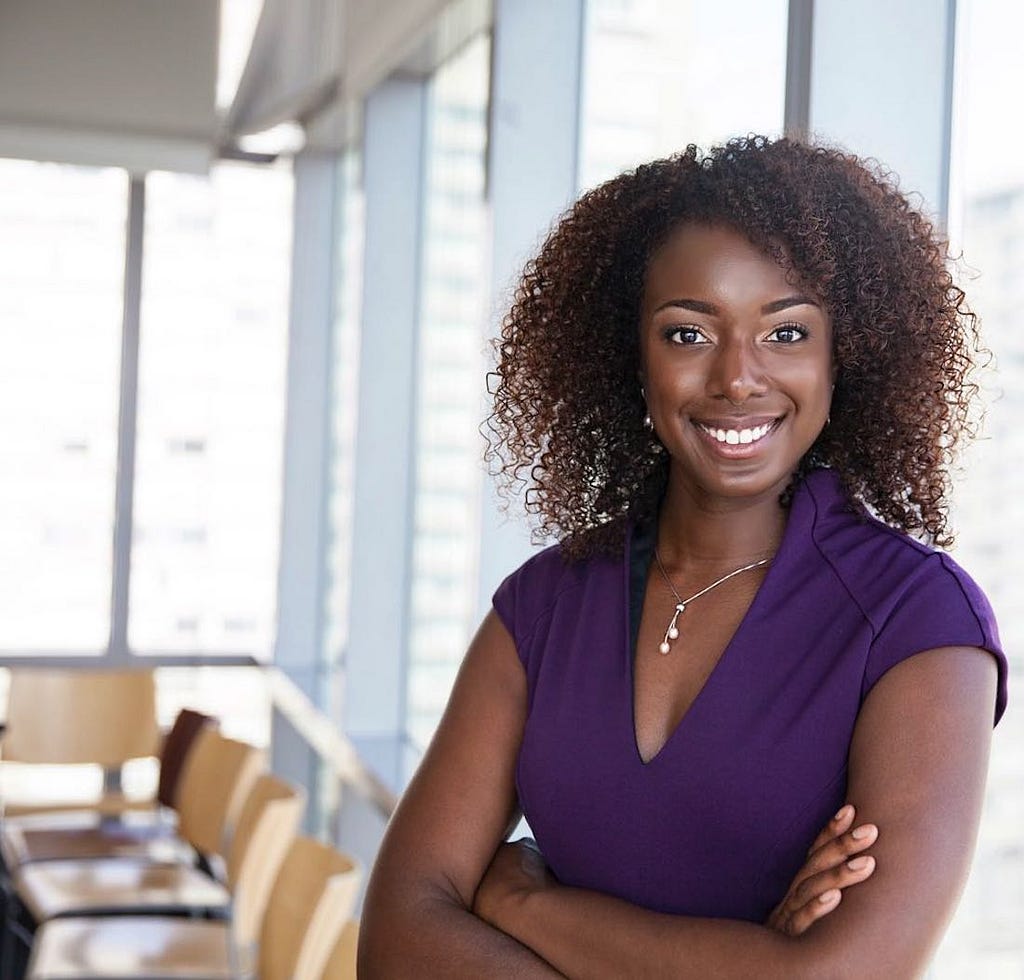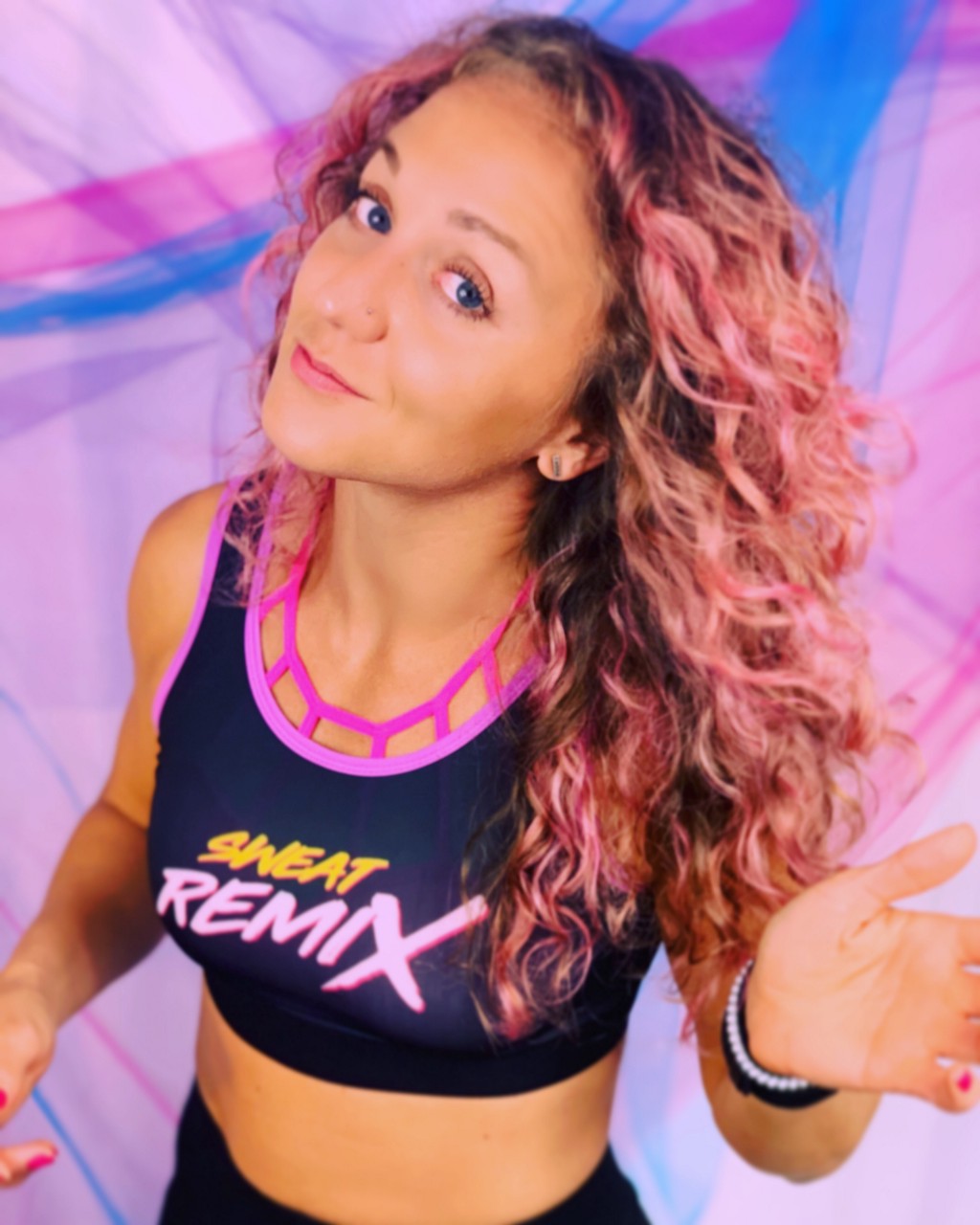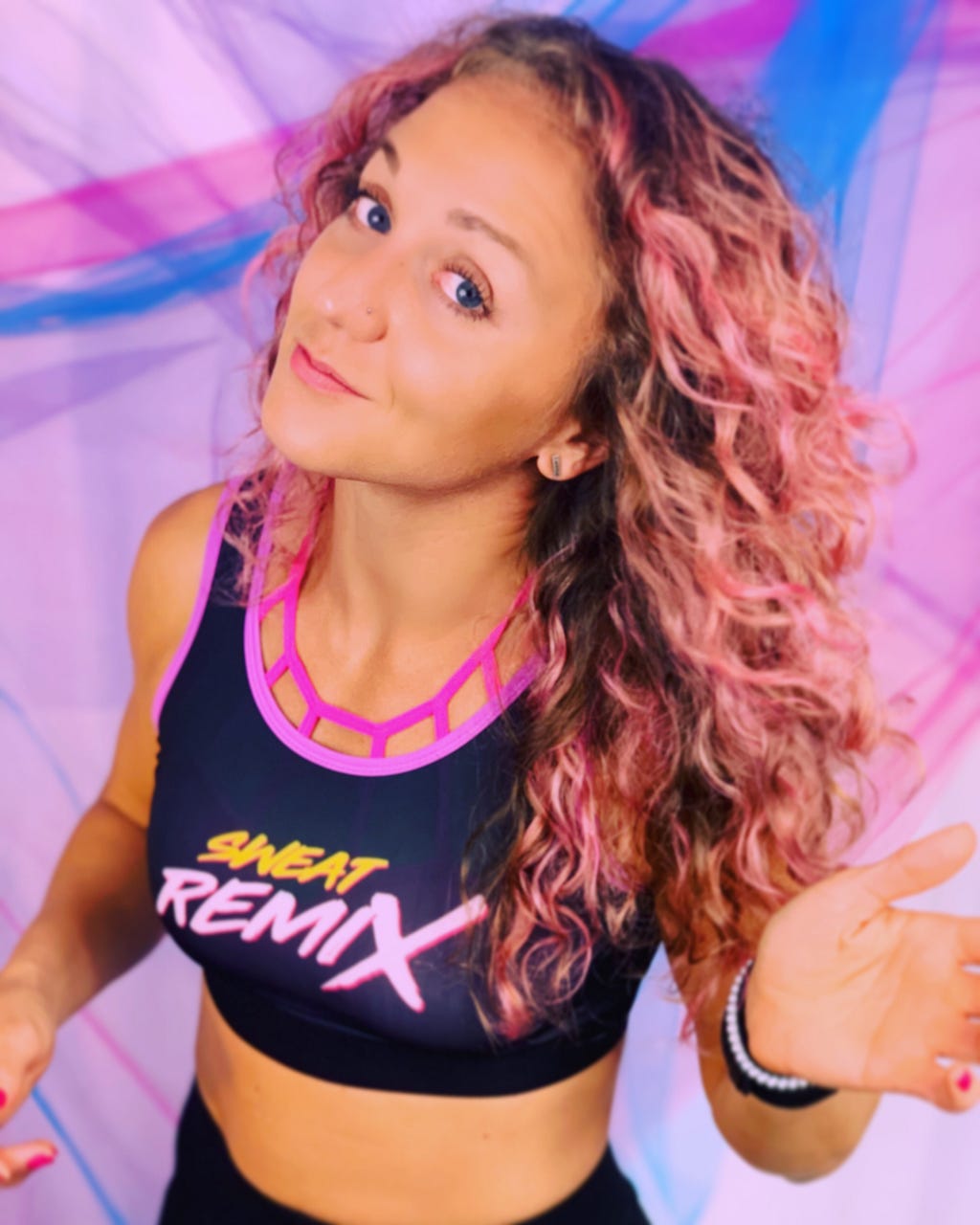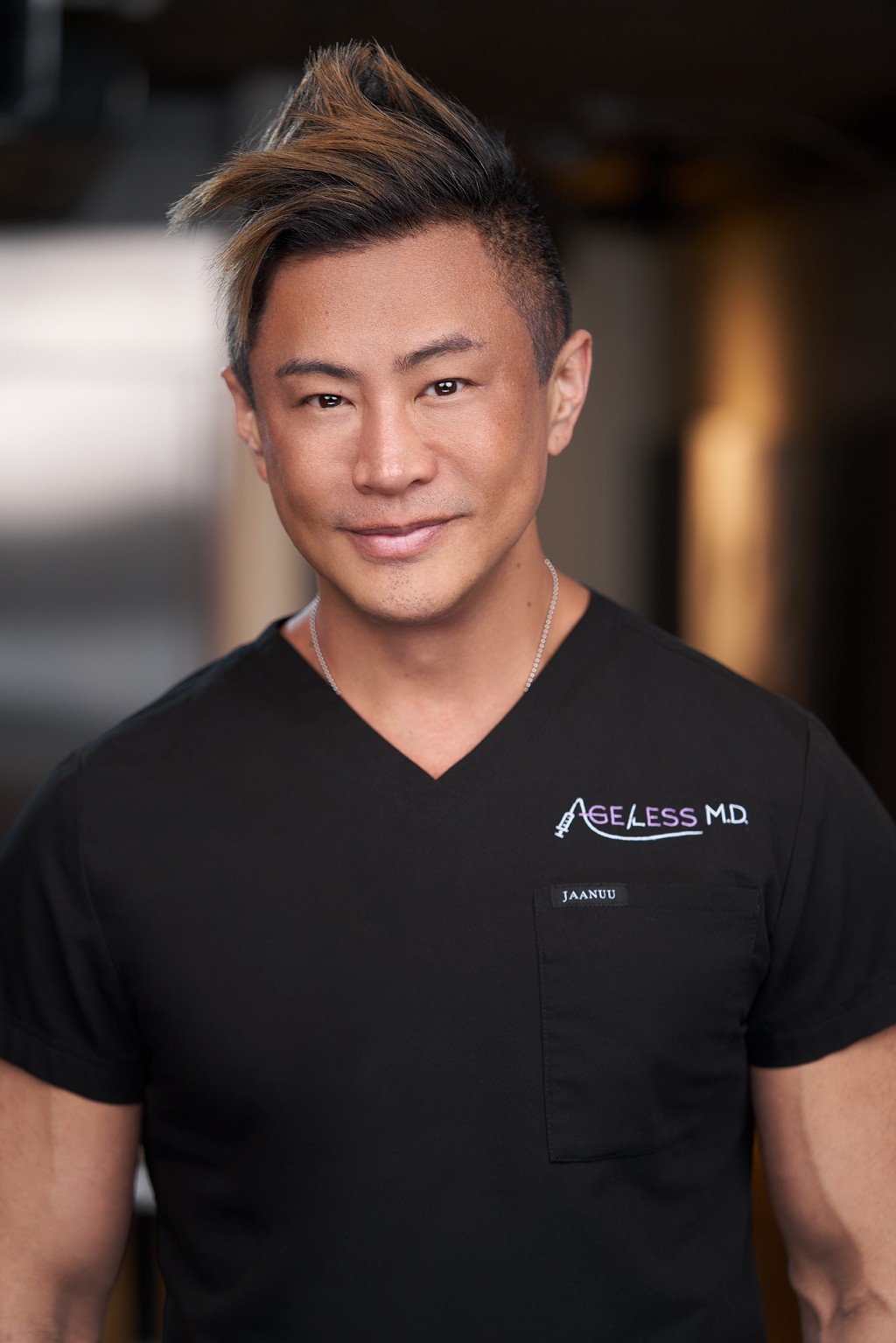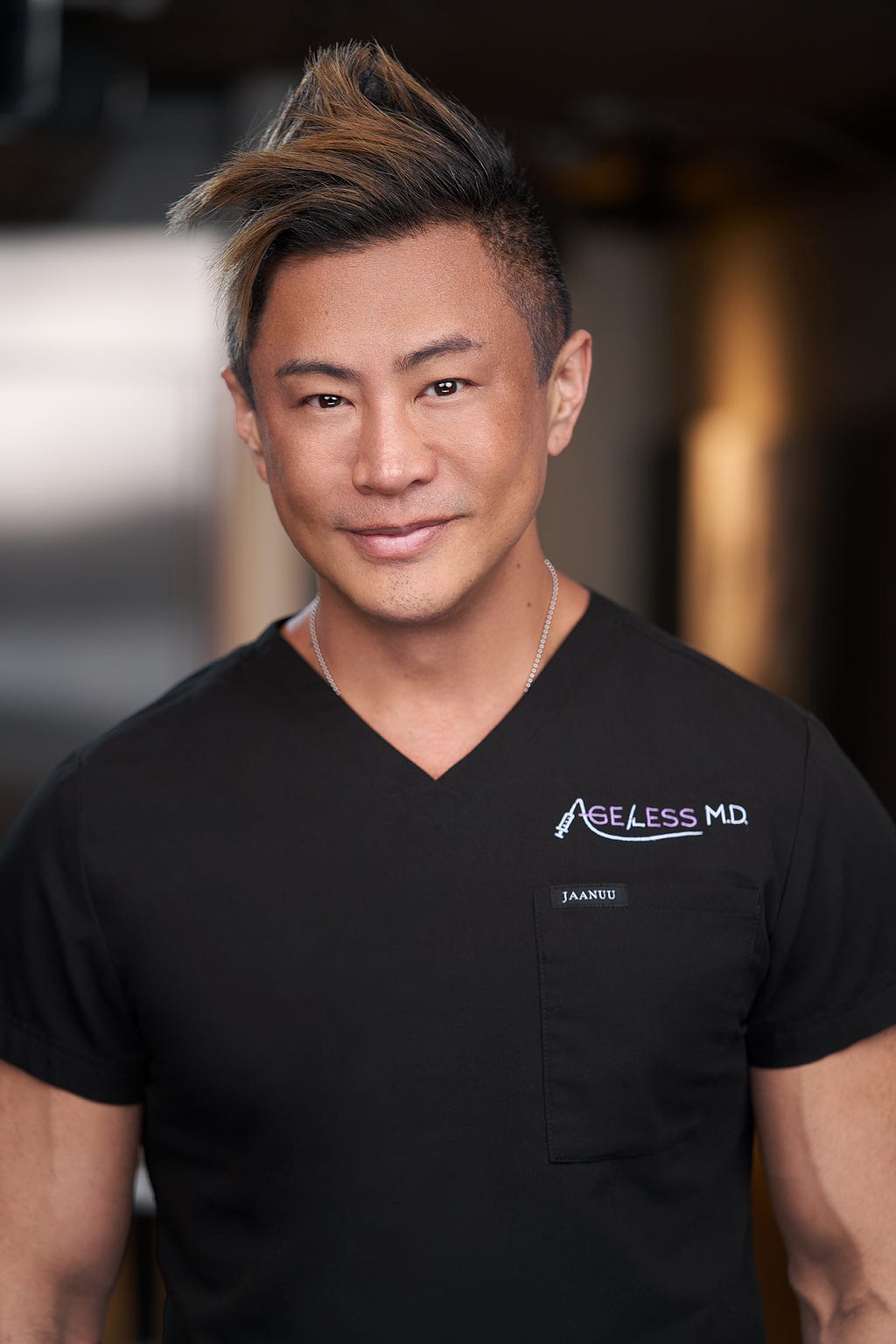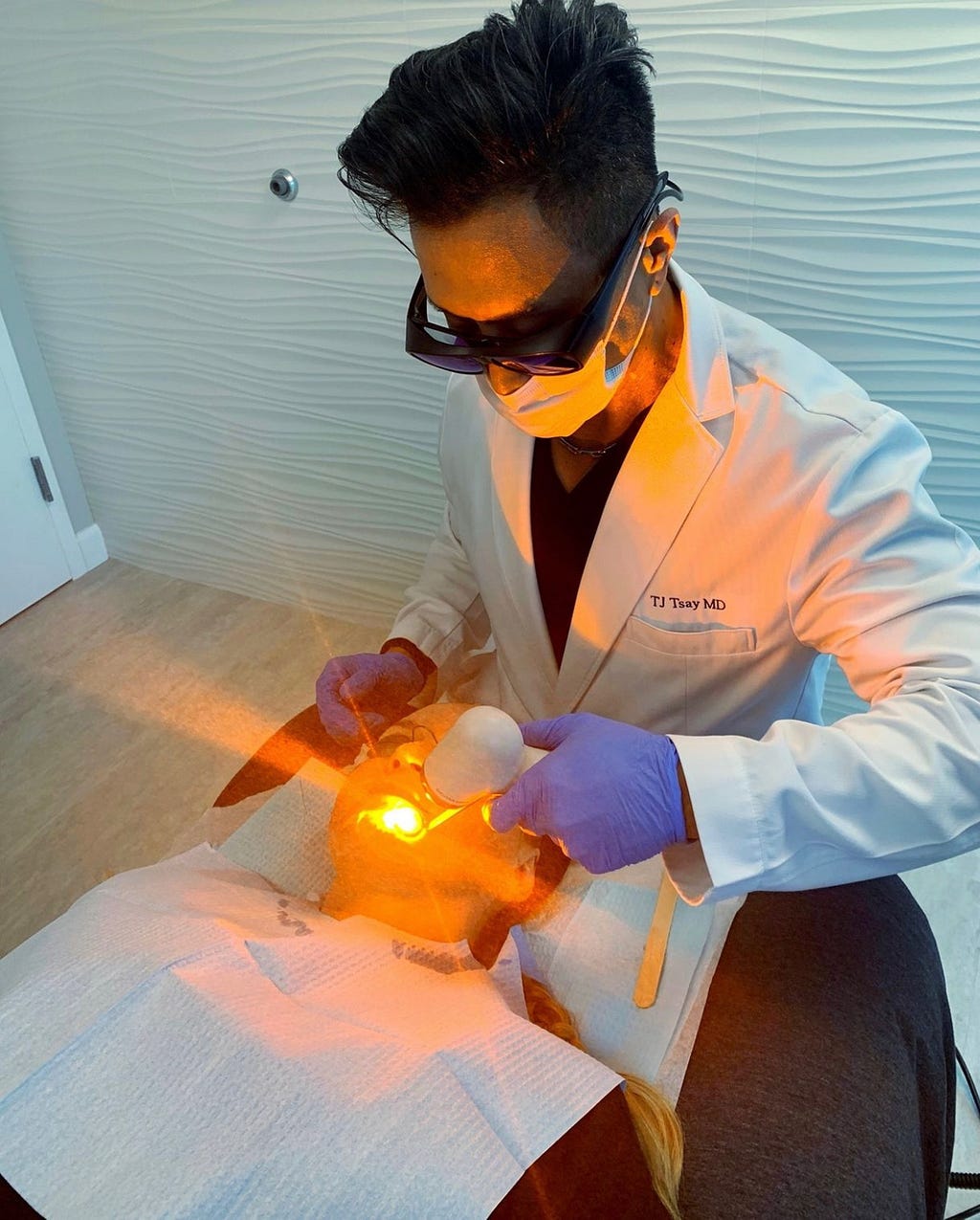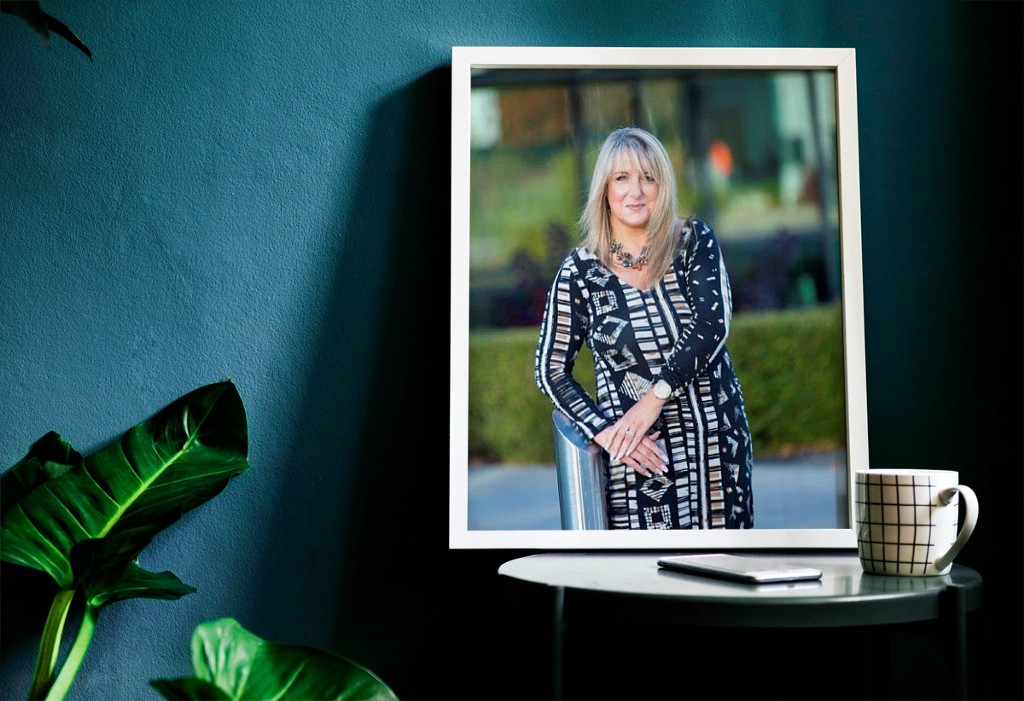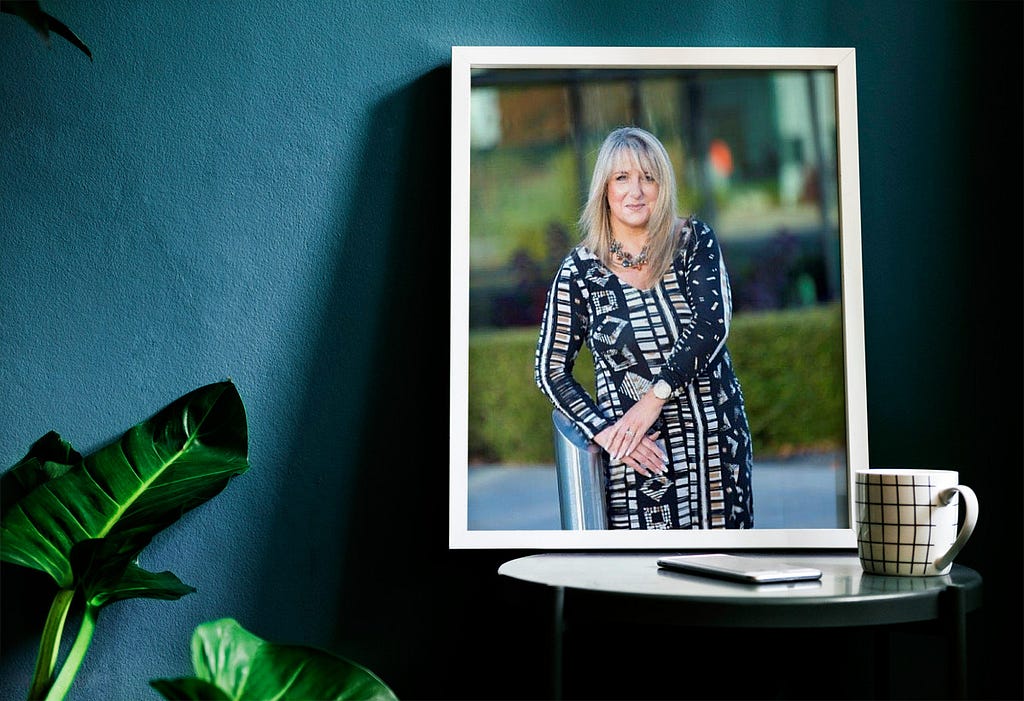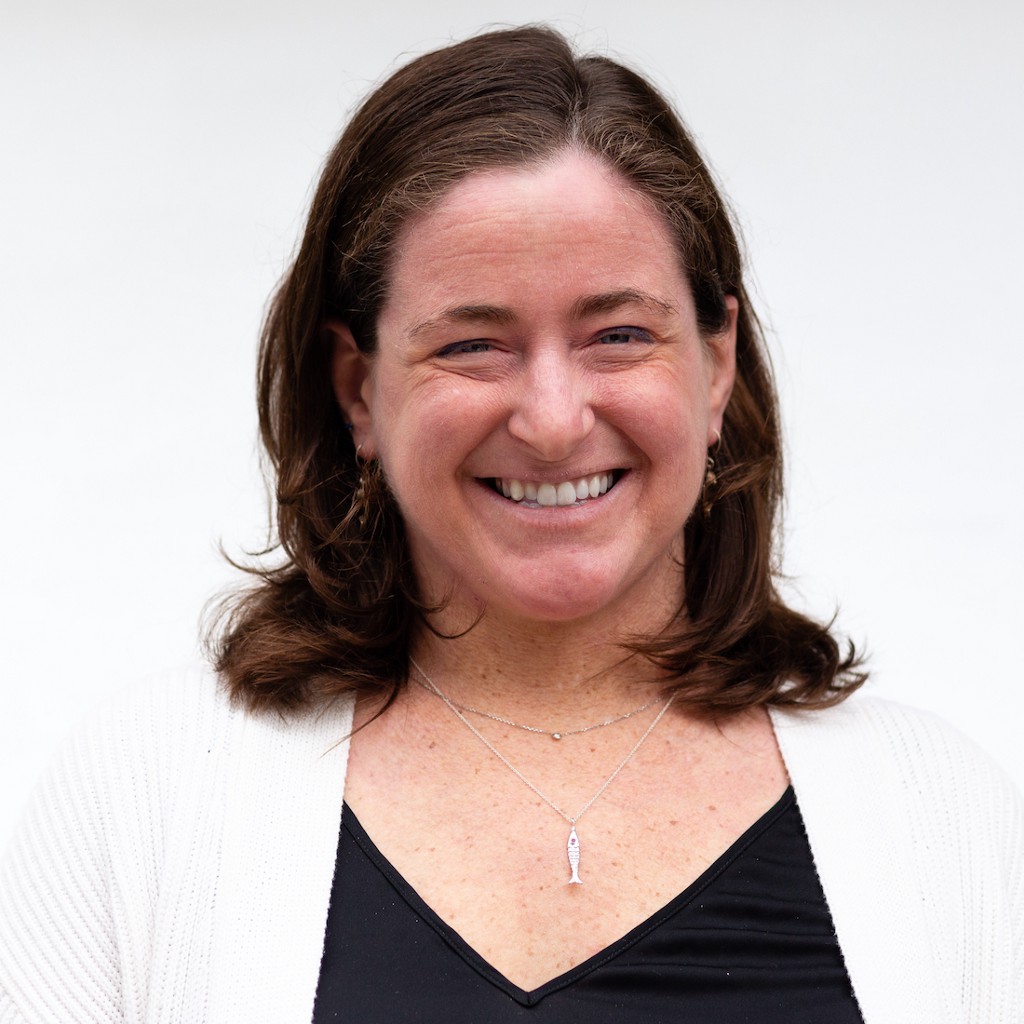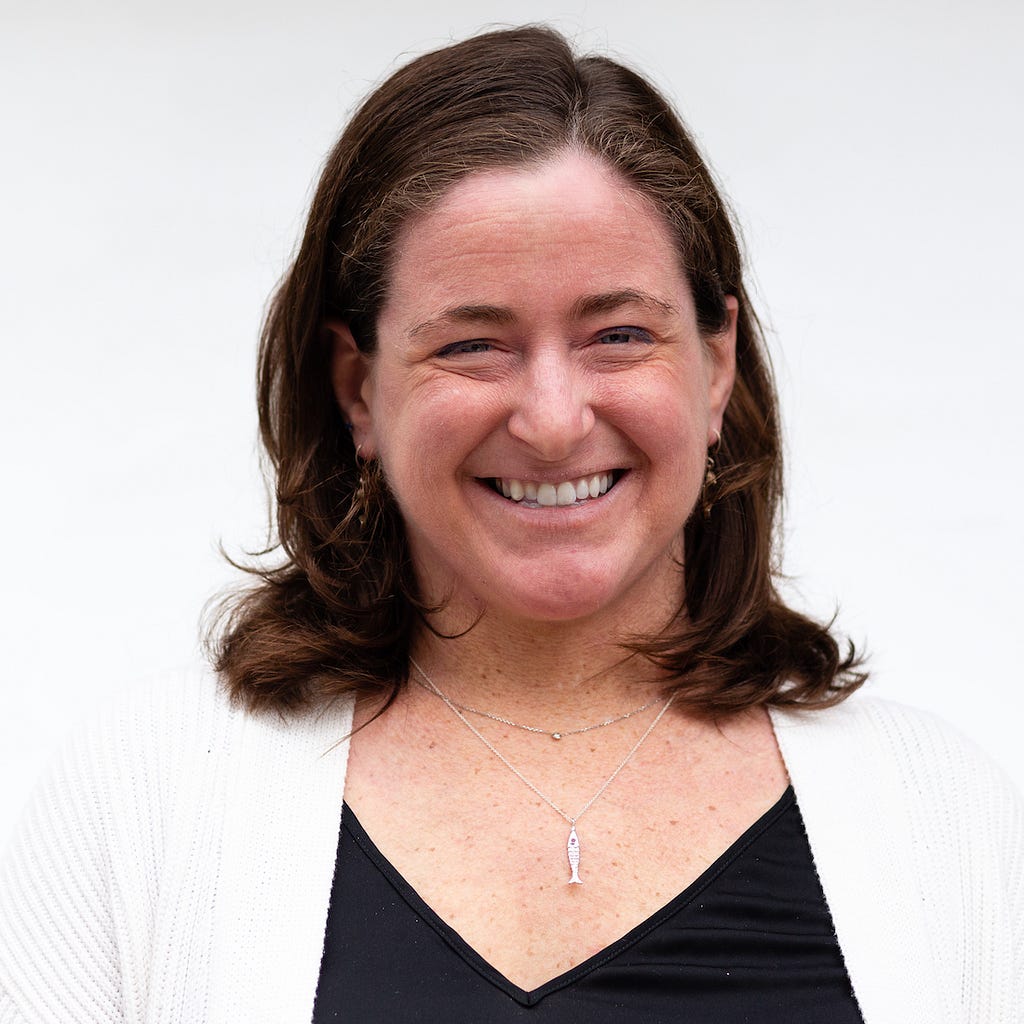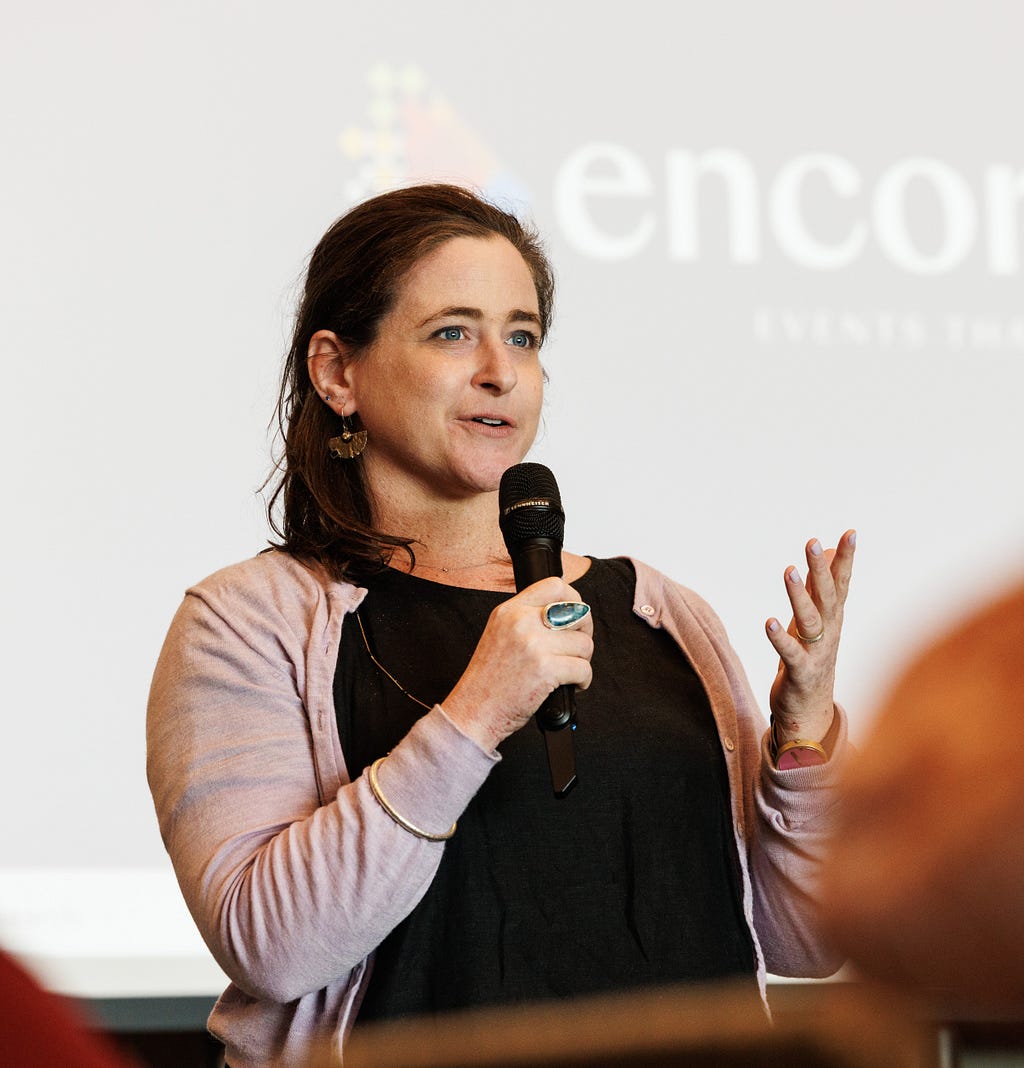Women in Wellness: Jennifer Marler of Pivot On The Five Lifestyle Tweaks That Will Help Support People’s Journey Towards Better Wellbeing
An Interview with Candice Georgiadis
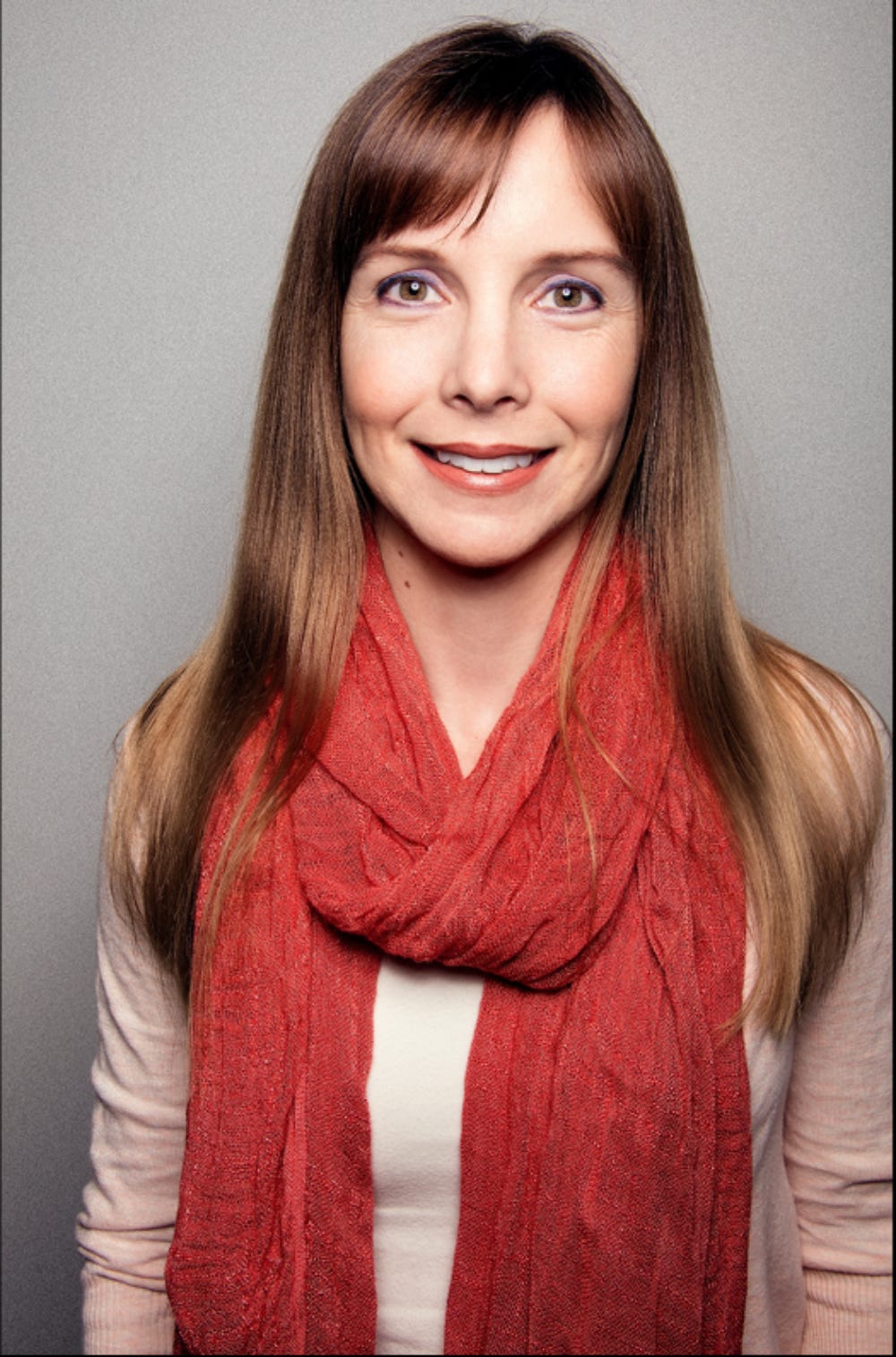
Learn to say “no.” I still struggle with this, but it is a vital life skill for longevity and sustainability in the workforce. I truly believe this one takes practice, as in practicing what you will say in the mirror several times before delivering it. If you are caught off guard with a suspect request, you can indicate you need to think about it or check your calendar and get back to the requester — then go practice and then deliver your response).
As a part of my series about women in wellness, I had the pleasure of interviewing Jennifer Marler, M.D. Vice President of Clinical and Medical Affairs at Pivot.
Jennifer Marler, M.D. is the Vice President of Clinical and Medical Affairs at Pivot, a digital health company that delivers clinically proven, behavioral science-based solutions that empower people to take control of their personal health.
Thank you so much for joining us in this interview series! Our readers would love to “get to know you” better. Can you share your “backstory” with us?
I grew up in the east San Francisco Bay Area, in Pleasanton. I was lucky to have lots of active outdoor time and grew up in a safe, loving, supportive environment. I am a member of Gen X, and some of what you hear about this generation applies to me: I was a latch key kid as both my parents worked full time. I believe this, along with the unfettered outdoor time and participation in team sports, fostered independence, collaboration, problem-solving, and self-sufficiency. I was a good student, which I primarily chalk up to being conscientious and a people pleaser (more on that later).
I went to UCLA and got my BS in Neuroscience, then on to medical school at the Medical College of Virginia, and then to UVA in Charlottesville for a residency in Radiology. I’ve lived in California, Colorado, and Virginia, and currently call the Monterey Bay Area in California home. I’ve been in the medical device and digital therapeutics fields for the last 15 years. My focus has been designing and conducting clinical studies and then creating and communicating the resultant evidence-based narrative. I currently do this at Pivot, a digital therapeutic company where we help people kick their tobacco addiction.
Can you share the most interesting story that happened to you since you started your career? What were the main lessons or takeaways from that story?
I made a major career change early on. In high school, I decided I wanted to be a physician. I wanted to help people, was a strong student, and liked science — it clearly was the perfect career path for me, right? So, I got on that path, kept my head down, focused, and worked hard, but didn’t check in much with myself along the way. I would characterize this time in my life as being guided by too much head, not enough heart.
That approach caught up with me during my radiology residency. I was unhappy and increasingly felt like this wasn’t due to residency being a tough and stressful time, but rather because I was no longer on the right path for me. I enlisted the help of a career coach who was a radiologist himself and specialized in helping physicians make career transitions. I worked with him for about 12 months to sort things out and develop and execute a plan. I left my residency after the second year. I left on good terms, giving them ample notice and an explanation of what was going on with me that was driving my departure.
I was fortunate to have a soft landing with my family and friends, who were surprised at this out-of-character move but also supportive. I vividly remember the ride home from the airport; I had just turned 30, had walked away from my promising dream career and was moving back in with my parents. My silent tears streamed as I looked out the backseat window and watched the familiar landmarks pass by en route to my childhood home. I appreciate this now as both a low point for me and the necessary starting point from which I would build back up. Painful though they are, these touchstone moments are important.
In another out-of-character move, I gave myself three months to recover and restore, with little to no expectation of jumping right into the next thing, whatever that was going to be. I focused on getting enough sleep, eating well, exercising, and connecting with loved ones. I need to acknowledge that being able to do this was a luxury, but this self-care investment enabled me to bounce back in the healthiest and likely most comprehensive and expedient way possible. And bounce back I did, first with some consulting and then with a medical director position at a medical device company focused on treating precancerous conditions in the GI tract. While I worked hard and soaked up the learning during this transition to a new career, I also benefited from the input and guidance of kind, caring, and wise mentors.
The main lessons I took away from my career change experience are:
- It’s OK to change your career path. Most people will have multiple careers over their life, and that’s normal and OK.
- When going through a major career or life change, leverage whatever resources you can, like trusted and helpful family and friends, career coaches, and/or mentors. Note that I was able to work with a career coach because he offered a special rate for medical residents that I could afford on my meager salary. Look for such opportunities.
- Change is hard and often comes with low points. Know that these points are important and often necessary parts of the process. Appreciate and value their sanctity accordingly.
- An upfront investment in self-care may seem like a luxury but can pay dividends in the efficiency and quality of your transition.
Can you share a story about the biggest mistake you made when you were first starting? Can you tell us what lesson you learned from that?
Hmm, there’ve been a few… I’ll go with a general personality trait that has presented challenges at work: people pleasing. Accordingly, I have experienced the following:
- Being rewarded for good work with more work
- An inner sense of frustration and lack of fulfillment
- Being less likely to take risks because I was too scared to fail
- Caring too much about what others think (or what I thought they were thinking) and the fatigue that comes with it
- Sacrificing or delaying dreams and experiences that mattered to me because I was trying to make someone else happy
Mistakes I made include:
- Not saying “no” to projects that were low priority or detracted from more important work.
- Not setting boundaries for when and how I could help with these secondary projects.
- Not requiring adequate background, details, and timelines at the outset of a secondary project so I could make an informed decision on my ability to participate.
The result was that I wasted my time and shifted my focus, compromising the most important deliverables.
And work spilled over, frequently, to late nights, early mornings, and weekends. At some point, I realized my co-workers were going home to their significant others and families, exercising, meeting up with friends, or taking on exciting hobbies. I was not. I believe there’s a time and place to throw yourself into your work, particularly when you are starting out. But it must be balanced with some boundaries and punctuated by spells of non-workaholism if your career path is to be sustained.
Let’s jump to our main focus. When it comes to health and wellness, how is the work you are doing helping to make a bigger impact in the world?
Each year, smoking kills almost half a million people in the US and about 8 million globally. And life expectancy for people who smoke is at least ten years shorter than for those who do not. Smoking is still way too big a problem and has been so for too long; it’s unacceptable.
I’ve been at Pivot, a digital health company that empowers individuals to embrace wellness and enables corporations and health plans to improve their population’s health, since its inception. We’ve come up with a better approach to help people quit smoking. I think it’s such an effective solution because it marries tried and true approaches such as behavioral intervention and nicotine replacement therapy (nicotine patches, gum, and lozenges) with more recent technology-enabled capabilities, including sensor technology, smartphone apps, and SMS-based coaching. Between our published clinical research and commercial efforts, our quit rates and user satisfaction are high, which feels incredibly good.
While we all know that smoking is bad for your health, I’m struck by how multi-tentacled and ruthless a problem it is. It harms so many areas of life, including personal finances, relationships, confidence and self-esteem, the health of our loved ones, employability and job opportunities, the environment…the list goes on. Based on this, helping a person achieve their goal of quitting smoking has profoundly positive ripple effects. I honestly can’t think of another single problem that, when you solve it, has so many meaningful impacts. While I cannot deny that tackling tobacco addiction is tough, the reward is immense when you break through and help people kick the habit.
Can you share your top five “lifestyle tweaks” that you believe will help support people’s journey towards better wellbeing? Please give an example or story for each.
Acknowledging that I am forever on the well-being learning curve, here goes:
- Some type of meditation — The benefit of a brain reset can’t be overstated. I’ve found that I’m better able to focus and see my tasks through (with less mental and emotional angst too.)
- Exercise — This one repeatedly falls down the list for me. So, I upped the ante and signed up to work out with a trainer once a week. A couple of factors at play here hold my feet to the fire: accountability and not wanting to waste money.
- Community and self-care — Yep, I linked these two, but hear me out. I struggle with consumerism. I’m increasingly trying to make thoughtful decisions about what I buy and, in general, buy less stuff. And as I mentioned, I support self-care, which I see as an investment in helping me stay functional and on the rails. Accordingly, I’ve shifted to seeking out experiences for self-care. And I’m finding so many benefits to this approach, beyond achieving self-care, that generally fall in with the theme of community. So, I encourage you to get a facial, an art lesson, a massage, a trainer, a pedicure, whatever might bring you a bit of respite or joy, and know that the benefits are multiple. A note about finances: I want to acknowledge that paying for these services is not on the table for everyone, but self-care is. There are free or inexpensive ways to get some self-care in. Examples include taking a stroll in a place of beauty, grabbing a tea with a friend, curling up with a book by the fire, or volunteering somewhere where you receive something that speaks to you in return.
- Involvement — I don’t know many people who aren’t affected by the state of affairs in the world today. Personally, I am often cycling between rage, hopelessness, sadness, bewilderment, and a sense of powerlessness. I’ve learned there are more and less productive ways to cope. Less productive (although periodically necessary) is me starting or jumping on a text chain with my friends where we collectively bemoan the state of things. It feels good to commiserate and vent. More productive is channeling those emotions into something productive: peaceful protest, donating or fundraising for a cause you believe in, volunteering, random acts of kindness, or communicating with elected officials. I’ve done at least a little of all these things and find comfort in the fact that these actions yield something meaningful, and I appreciate that they fill my cup a bit and bring me some healing and a sense of control.
- Compassion/empathy for numero uno — As a daughter, partner, employee, mom, friend, pet guardian, etc., I often feel like I’m doing lots of things and none of them very well. And when I start thinking about this, the negative self-talk kicks in. Which honestly is not productive or helpful in any way. Even though I know this, it’s a tough habit to break. I like and have been using the advice to talk to yourself like you would to your best friend. Would you say those mean, hurtful things to your friend? Nope. Would you remind her no one is perfect, encourage her, and let her know you care and got her back? Yep.
If you could start a movement that would bring the most amount of wellness to the most amount of people, what would that be?
Other than eliminating smoking, I’d focus on nutrition. The way we currently approach nutrition is at the root of many of our significant public health and environmental issues and, frankly, goes against common sense. Why do we wait to intervene until the health issues associated with poor nutrition develop? And then we intervene with medications and procedures.
Why not avoid or minimize these health issues altogether and focus our efforts further upstream by shifting subsidies to make healthy food affordable and unhealthy food cost-prohibitive? Might such investments be offset by money saved down the line in healthcare expenses? Why not support education that starts at the pre-school and grade school level and focuses on where our food comes from and what healthy choices look like? And not offer unhealthy choices in school-provided meals. What about tackling food deserts and ensuring health care providers are trained and adequately reimbursed for addressing nutrition with patients from infancy through the golden years?
My medical school training on nutrition 20 years ago was negligible. I don’t remember much other than learning about the illnesses associated with vitamin deficiencies like scurvy and vitamin D deficiency rickets. Do you know a lot of people with scurvy? I don’t. I do know a lot of people who struggle with their weight, diabetes, hypertension, heart disease, and cancer — all of which are linked to nutrition and diet. Why are we OK with the destruction of rainforests for cattle grazing when the environmental impact is devastating? And the overfishing of the oceans? Why haven’t we implemented policies that would prevent or limit the financial gains from such practices? I’m no expert on this topic, and it’s incredibly complex, but there clearly is room for improvement and a mandate to act.
What are your “5 Things I Wish Someone Told Me Before I Started” and why?
I actually think someone told me most of these things before or when I started; it’s a matter of to what extent I listened and had to learn some of these lessons firsthand.
- Set boundaries. It doesn’t require much explanation but know that it’s best to do it early on when establishing a new role or relationship.
- It’s a marathon, not a sprint. My significant other and I frequently nudge each other on this one. We’re both in start-ups and sometimes need a reminder that not everything is urgent all the time.
- Start saving for retirement immediately. If your workplace offers a 401k, by all means, take advantage of it. Even if you can swing setting aside 1–2% of your monthly paycheck, do it. Something is so much better than nothing and really adds up over the years.
- Make time for life and your dreams today. I remember a talk from a geriatrician during medical school that stuck with me. His job gave him the privilege of being with many when they were at the end of life. He noted that no one had ever said they wished they had worked more during life. He noted that many did say they wished they had spent more time with their loved ones and had taken a shot at their dream. A cautionary tale…
- Learn to say “no.” I still struggle with this, but it is a vital life skill for longevity and sustainability in the workforce. I truly believe this one takes practice, as in practicing what you will say in the mirror several times before delivering it. If you are caught off guard with a suspect request, you can indicate you need to think about it or check your calendar and get back to the requester — then go practice and then deliver your response).
Sustainability, veganism, mental health, and environmental changes are big topics at the moment. Which one of these causes is dearest to you, and why?
Well, these causes are all inextricably linked and overlapping, so it’s tough to pick just one. I think I’ll go with veganism as it’s probably the one I know the most about as a vegan myself. I became a vegetarian when I moved out for college. I had always been an animal lover, but it was the drive on I-5 to school, passing a large cattle feedlot that made me sad and uncomfortable, that sealed the deal for me. I became a vegan about nine years ago. I’m pretty sure I was building up to it but made the decision after attending a discussion on factory farms. I unexpectedly walked out of that talk as a vegan, with no ceremonious or multi-step goodbye to my beloved favorite food: cheese. It was like I didn’t have a choice, which actually made the change pretty easy.
I’m a vegan for the typical reasons you hear about: health, environment, animal welfare, and spirituality. For health, I noticed my skin cleared up, and my body just felt better, as in not achy; my take was that I had less inflammation. I’ve also followed with interest the growing and compelling evidence showing that diets high in plants and low in animal products, such as the Mediterranean diet and Okinawa diet, are best for health and longevity.
For the environment, I am not OK with the destruction of rainforests for cattle grazing and the loss of biodiversity due to overfishing. I’m also not OK with and have a hard time seeing the logic in the harmful practice of growing soil-depleting monocrops to feed to factory-farmed animals to then feed to humans. Instead, we could grow rotating crops to feed directly to humans and avoid a lot of wasted resources and suffering in the meantime. I do believe that in the future (likely beyond my lifetime), we will look back on our treatment of animals with a sense of, “I can’t believe we used to…”
Finally, on the spirituality front, I don’t want something that comes from such suffering going in my body; it just feels like bad juju. I see my veganism as an attempt to decrease my contribution to suffering.
I say all this, acknowledging most people contemplating or dabbling in veganism won’t have my binary not-a-vegan/now-a-vegan experience simply after attending that lecture. And I think that’s totally fine. Trading off some meat- and dairy-based meals for plant-based ones is a meaningful change people can make; it doesn’t have to be all or nothing. The impact of many people undertaking small changes (swapping in a few plant-based meals a week) can be profound.
What is the best way for our readers to further follow your work online?
Well…I don’t have the biggest online presence, and I didn’t mention it above, but another well-being hack is limiting my time and presence on social media. But I am on LinkedIn and would love to connect.
Thank you for these fantastic insights! We wish you continued success and good health.
Women in Wellness: Jennifer Marler of Pivot On The Five Lifestyle Tweaks That Will Help Support… was originally published in Authority Magazine on Medium, where people are continuing the conversation by highlighting and responding to this story.


